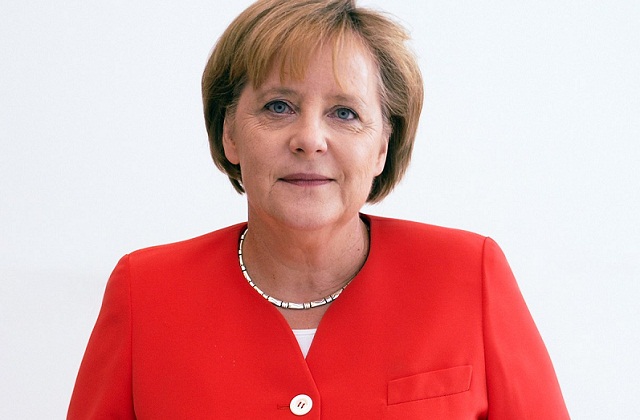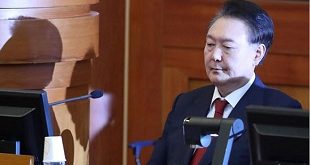
Berlin, Germany | AFP | Chancellor Angela Merkel was left scrambling for ways to drag Germany out of crisis Monday after high-stakes talks to form a new government collapsed, potentially forcing Europe’s top economy into snap elections.
Germany now faces weeks, if not months of paralysis with a lame-duck government that is unlikely to take bold policy action.
With no other viable coalition in sight, Germany may be forced to hold new elections that risk being as inconclusive as September’s polls.
Merkel, whose liberal refugee policy has proved deeply divisive, had been forced to seek an alliance with an unlikely group of parties after the ballot left her without a majority.
But following more than a month of gruelling negotiations, the leader of the pro-business FDP, Christian Lindner, walked out of talks overnight, saying there was no “basis of trust” to forge a government with Merkel’s conservative alliance CDU-CSU and ecologist Greens.
“It is better not to govern than to govern badly,” he said, adding that the parties did not share “a common vision on modernising” Germany.
Voicing regret for the FDP’s decision, Merkel vowed to steer Germany through the crisis.
“As chancellor… I will do everything to ensure that this country comes out well through this difficult time,” she said.
News magazine Der Spiegel called the breakdown in negotiations a “catastrophe” for Merkel and said Germany, long seen as an island of stability in a turbulent West, was having its “Brexit moment, its Trump moment”.
The euro fell following the news, although analysts said the longer-term implications for the currency were not yet clear.
– ‘Populist agitation’ –
The negotiations, which turned increasingly acrimonious, stumbled on a series of issues including immigration policy.
Merkel’s liberal refugee policy that let in more than one million asylum seekers since 2015 had also pushed some voters to the far-right AfD, which captured 12.6 percent of the vote after an Islamophobic and anti-immigration campaign.
The parties also differed on environmental issues, with the ecologists wanting to phase out dirty coal and combustion-engine cars, while the conservatives and FDP emphasised the need to protect industry and jobs.
Party chiefs had initially set a deadline of 6:00 pm (1700 GMT) on Sunday, but that passed without a breakthrough — after already blowing through a previous target on Thursday.
The Greens angrily deplored the collapse of talks, saying they had believed a deal could be done despite the differences and accusing the FDP of negotiating in bad faith.
Lindner, who had taken a harder line on refugees as the talks progressed, “opted for his kind of populist agitation instead of political responsibility”, Greens Europe MP Reinhard Buetikofer tweeted.
– Chancellor in danger –
Merkel could now try to convince the Social Democratic Party (SPD), which has been the junior coalition partner in her government since 2013, to return to the fold.
But after suffering a humiliating loss at the polls, the party’s top brass has repeatedly said the SPD’s place was now in the opposition.
Merkel, who has been in power for 12 years, could also lead a minority government although she had signalled that she was not in favour of such instability.
Germany could therefore be forced to hold new elections, which would have to be called by President Frank-Walter Steinmeier.
But that is not without peril for Merkel, who would face questions from within her party on whether she is still the best candidate to carry their banner into a new campaign.
Top-selling Bild daily said a failure to forge a tie-up — a so-called “Jamaica coalition” because the parties’ colours match those of the Jamaican flag — put “her chancellorship in danger”.
A poll by Welt online also found that 61.4 percent of people surveyed said a collapse of talks would mean an end to Merkel as chancellor. Only 31.5 percent thought otherwise.
As talks dragged on without a breakthrough, Steinmeier issued a warning to parties not to recklessly force new elections.
“All sides are aware of their responsibilities. And this responsibility means not returning their mandate to voters,” he said in an interview with Welt am Sonntag.
Merkel was to meet with Steinmeier later Monday to discuss the crisis and hold talks with visiting Dutch Prime Minister Mark Rutte.
Rutte himself is no stranger to political turmoil, and last month unveiled a new government after a record 225 days of negotiations.
 The Independent Uganda: You get the Truth we Pay the Price
The Independent Uganda: You get the Truth we Pay the Price



